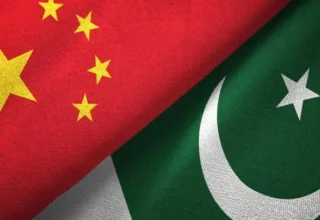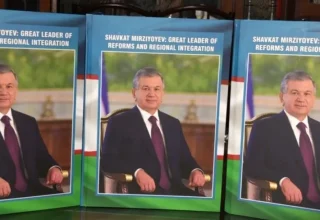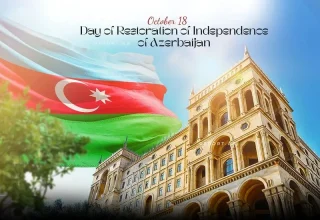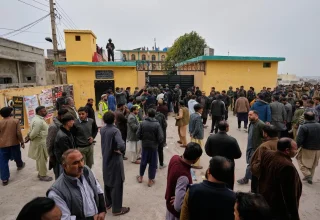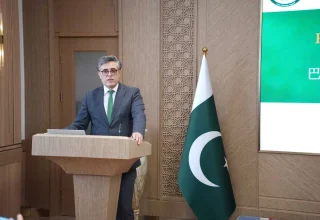
It is a good omen that governments of China, Pakistan and Bangladesh have agreed to launch a trilateral cooperation forum which will hopefully further strengthen “win-win cooperation” making a new “paradigm shift” in South Asia’s socio-economic, geopolitical and geo-strategic outlook. Thus a new trilateral forum will further enhance prospects of meaningful engagement gearing for greater trade, economic integration, trade and investment among these countries.
The China-Pakistan-Bangladesh Trilateral Vice Foreign Minister/Foreign Secretary meeting was held in Kunming, Yunnan province of China which has “rattled” many capitals in the region.
Chinese Vice Foreign Minister Sun Weidong, Bangladeshi Acting Foreign Secretary Ruhul Alam Siddique and Pakistani Additional Secretary (Asia Pacific) Imran Ahmed Siddiqui attended the meeting. Pakistani Foreign Secretary Amna Baloch participated in the first phase of the meeting via video link.
It is loud and clear that the institutionalisation of these growing ties and formation of a new trilateral forum of China-Pakistan and Bangladesh signals a strategic “master stroke” of the three countries to explore long-term cooperation beyond bilateral engagements.
The statement of Sun Weidong vividly reflected Chinese government commitments to building a community with a shared future with neighboring countries.
It bodes well that Pakistan and Bangladesh are both good neighbors, good friends, and good strategic partners of China, and important partners in high quality BRI. These are also significant members of the Global South and key countries in the region, all three countries face the mission of national revitalization and modernization, and all require a peaceful and stable environment. Cooperation among China, Pakistan and Bangladesh aligns with the common interests of the three peoples, and can contribute to regional peace, stability, development and prosperity. Thus the proposed trilateral forum has great significant and multiplier effects.
The new proposed trilateral forum could hopefully evolve into a new regional bloc with implications for South Asian geo-economics as well as geopolitics, especially if the partnership expands to include broader connectivity. It would be a new regional equilibrium and stabilizing force dissuading hegemonic designs of India in the region and beyond.
It seems to be a timely initiative which is pro-development, beneficial to trans-regional and supportive of mutual cooperation in various sectors of economy mainly, trade and investment, agriculture, digital economy, environment protection, marine sciences, green infrastructure, culture, education and people-to-people exchanges. Hence it carries the spirit of geo-economics which is not against any regional country.
Additionally, while attending the said meeting virtually, Ambassador Amna Baloch, Foreign Secretary of Pakistan expressed Pakistan’s desire for a deeper engagement between China and South Asian countries. Hence further highlighting the upward trajectory of bilateral ties with both China and Bangladesh and “conveying Pakistan’s readiness to work with the two states.
The formation of a joint working group to oversee the implementation of the agreements reached during the talks seems to be a right step in the right direction inching towards greater socio-economic prosperity, financial integration, infrastructure development and last but not least, regional connectivity.
It is indeed a significant development in the South Asian geopolitical landscape, particularly as it brought together Pakistan and Bangladesh, which had remained diplomatically distant for decades.
The bilateral relations between Islamabad and Dhaka have warmed considerably since the ouster of former Bangladesh prime minister Sheikh Hasina last year further gaining momentum and strengthening trade & commerce activity, investment, joint ventures in textiles, garments and fashion industry.
It is encouraging that under the interim leadership of Chief Adviser Muhammad Yunus, Dhaka has actively pursued broader diplomatic horizons, including a new phase of engagement with both China and Pakistan.
China, for its part, has sought to deepen its ties in South Asia through economic diplomacy, regional cooperation and connectivity initiatives. So Bangladesh being member of the BRI and Pakistan as one of the major recipient of it i.e. CPEC shares numerous matching boxes to further strengthen cooperation in various fields.
Comparative studies of Yunus’s state visit to Beijing in March 2025 prompted China’s investment in sensitive infrastructure projects such as the Teesta River and Mongla Port suggested a policy shift away from former prime minister Hasina’s pro-India approach.
Furthermore, resumption of Pakistan and Bangladesh direct trade, military exchanges, and high-level diplomatic dialogue after more than a decade of minimal contact have further strengthened bilateral relations.
Moreover, Beijing has played an important role in strengthening trilateral ties brightening prospects of building alternate economic corridors, expanding its friendly presence in the Bay of Bengal, and diminishing India’s strategic space in the neighbourhood.
In summary, trilateral consensus seems to be based on the principles of good-neighborliness, equality and mutual trust, openness and inclusiveness, common development, and win-win cooperation which are an ideal recipe of achieving greater regional connectivity, socio-economic integration and regional cooperation.
It focuses on promoting economic development and improving people’s livelihoods which has further enhanced its scope, utility and importance rightly projecting it pro-people and pro-community development.
The joint exploration and implementation of cooperation projects in such areas as industry, trade, maritime affairs, water resources, climate change, agriculture, human resources, think tanks, health, education, culture, and youth clearly demonstrate its holistic and comprehensive nature and orientation creating win-win cooperation and befitting propositions for all.
Last but not least agreement to establish a working group to follow up and implement the understandings reached during the meeting is the right step in the right direction adhering to true multilateralism and open regionalism, not directed at any third party.














